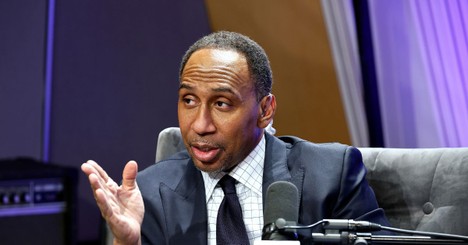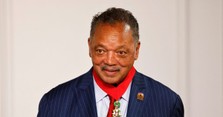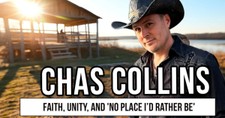
Trending Articles
Recent News
Stephen A. Smith on Possible Presidential Run: ‘You Don’t Know What God Has Planned’ ‘I Can Only Imagine 2’ Isn’t a Typical Sequel, Director Andy Erwin Says Jesse Jackson’s Passing Leaves Behind Lasting Legacy The Epstein Files, Pagan History, and Christian Morality 19 Christians Killed in Anti-Regime Protest Glove DNA Could Be Key in Search for Savannah Guthrie’s Mom: ‘We Still Have Hope’ Southeastern University Cancels Classes as Students Worship Round the Clock: ‘God Is Here’ Bethel Church Places Pastor on Administrative Leave Amid Allegations of Clergy Sexual Abuse What Christians Need to Know About the Impact of the Government Shutdown Involving The DHS From Bad Bunny to Buddhist Monks: Navigating the News Cycle Evaluating “Faithful Presence” and Choosing Faithfulness Instead A Presidents' Day Story for the Ages: George Washington and the Italian Painter Who Honored Him
Trending Articles
Recent News
Stephen A. Smith on Possible Presidential Run: ‘You Don’t Know What God Has Planned’ ‘I Can Only Imagine 2’ Isn’t a Typical Sequel, Director Andy Erwin Says Jesse Jackson’s Passing Leaves Behind Lasting Legacy The Epstein Files, Pagan History, and Christian Morality 19 Christians Killed in Anti-Regime Protest Glove DNA Could Be Key in Search for Savannah Guthrie’s Mom: ‘We Still Have Hope’ Southeastern University Cancels Classes as Students Worship Round the Clock: ‘God Is Here’ Bethel Church Places Pastor on Administrative Leave Amid Allegations of Clergy Sexual Abuse
Positive Stories
Celebrity
Video
Opinion
Church
Entertainment
Sports
Movies
Politics
Israel
Christian News Headlines - Breaking and Trending Religion News
Crosswalk Headlines - Christian news brought to you by a group of Christian writers and editors who are dedicated to creating a well-rounded look at what’s happening across the globe from a Christian worldview. Our vision is to inform and inspire productive discussion about the current events and online trends that shape our lives, our churches and our world.Crosswalk Headlines includes blog posts about current events and Christian media, breaking news, feature articles, and guest commentaries, many written by respected Christian thinkers.



































































